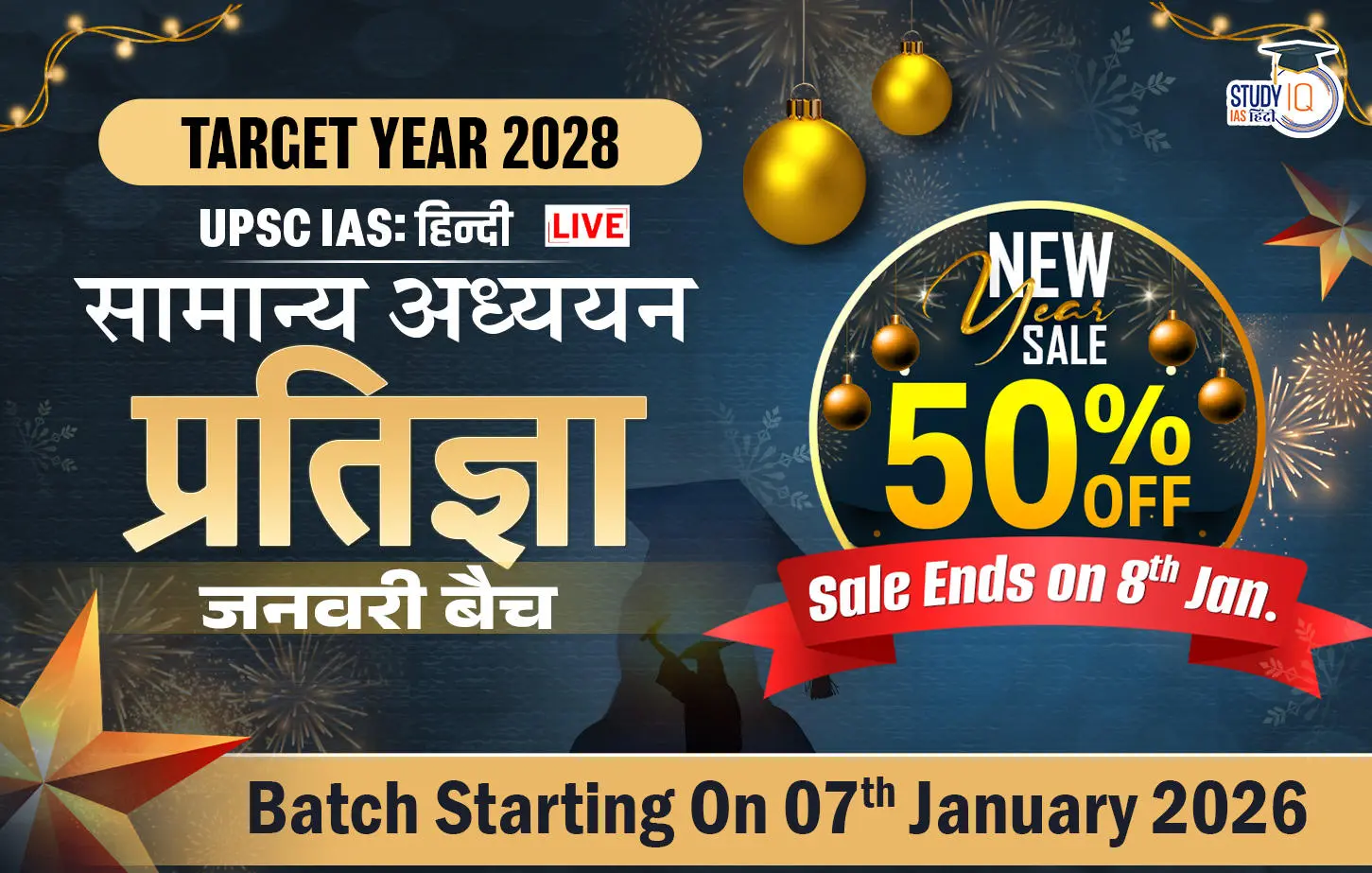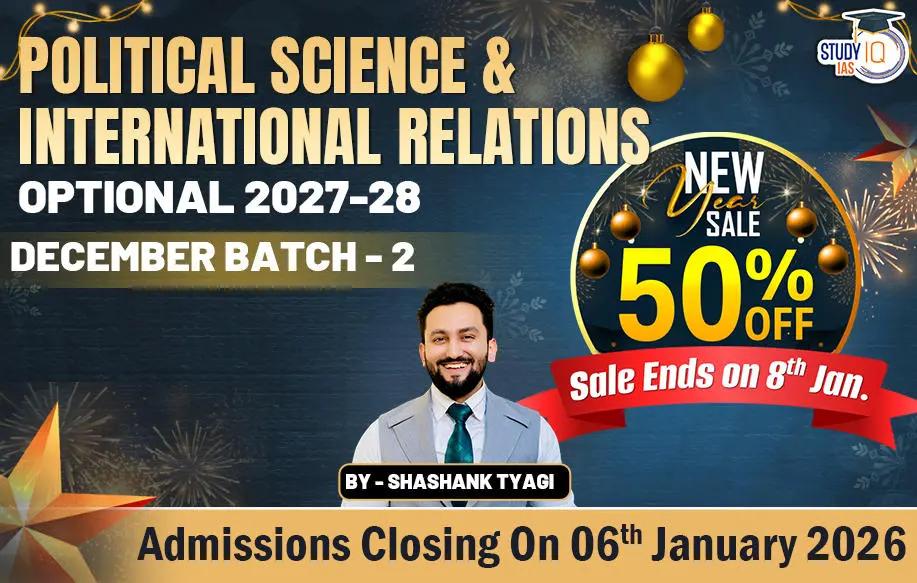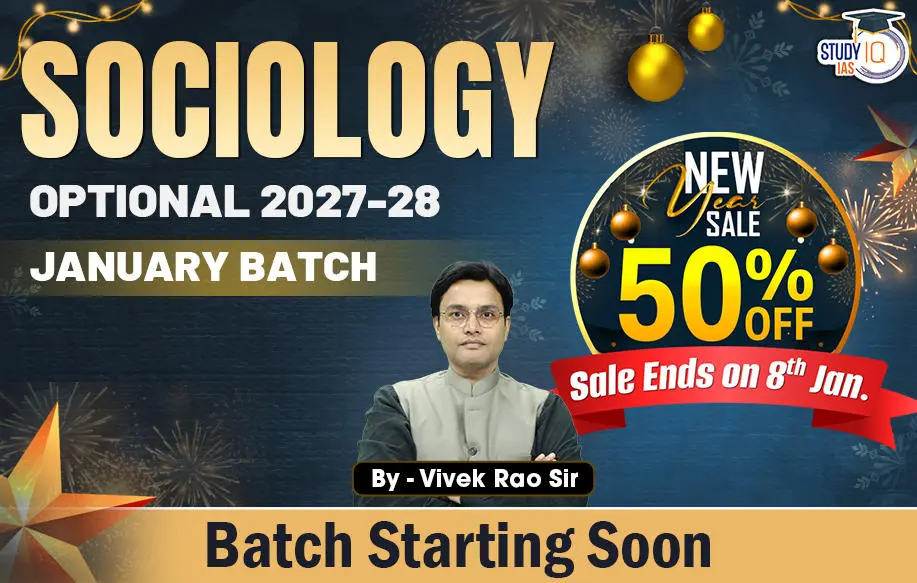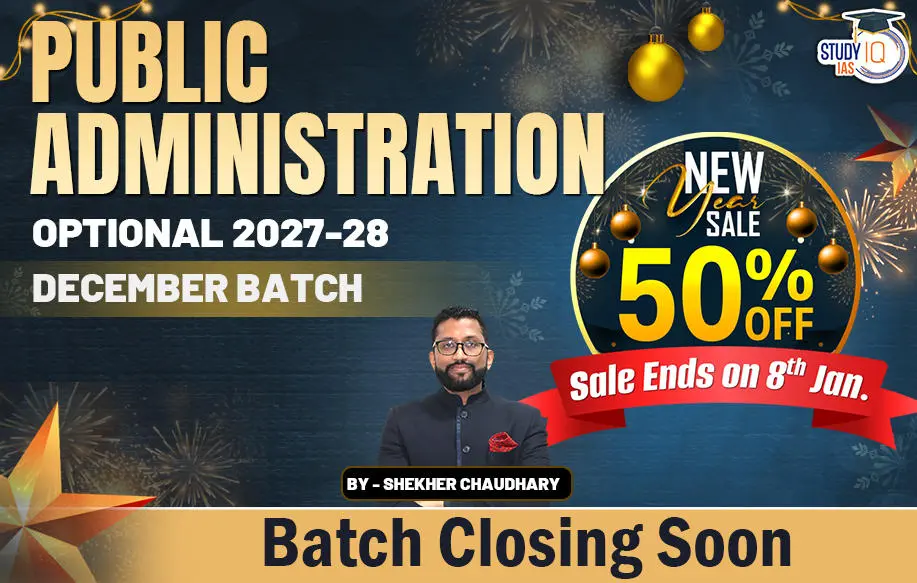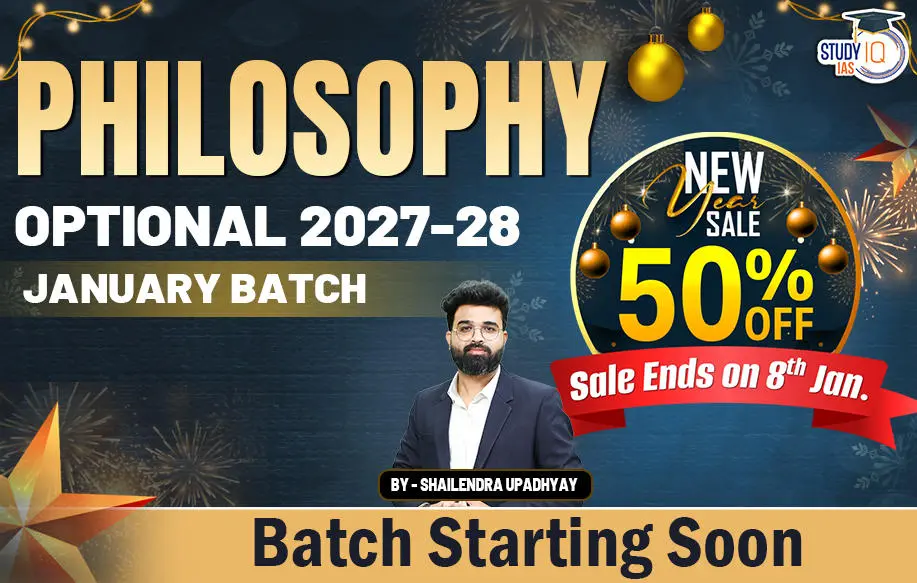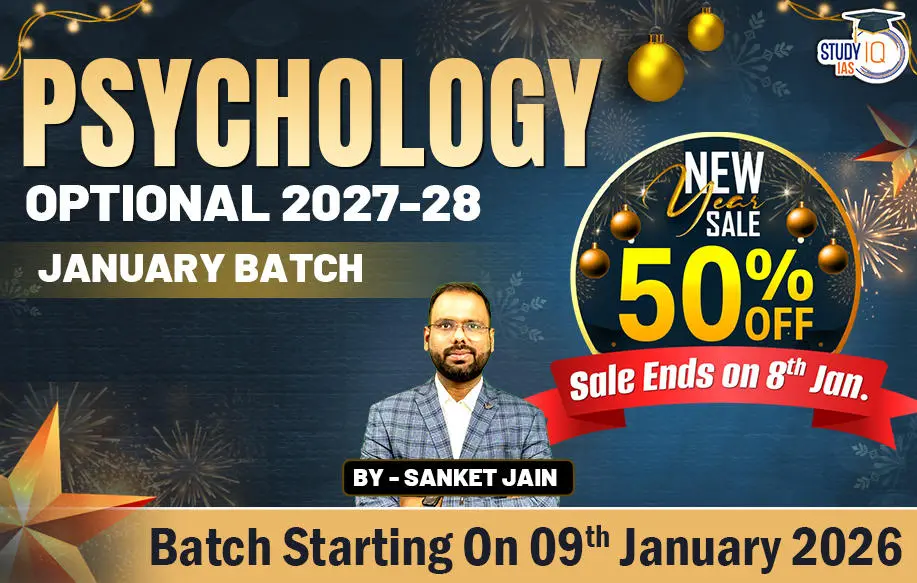Table of Contents
About Supreme Court Expands Article 19 Ambit
- The Supreme Court recently made a significant ruling regarding Article 19 of the Indian Constitution in the ‘Kaushal Kishor vs the State of Uttar Pradesh’ Case.
- The ruling also shed light upon the free speech of public functionaries.
What is Article 19?
- Fundamental Right: Article 19 is a part of the Fundamental Rights (Part III) of the Indian Constitution.
- Article 19 which guarantees freedom of speech and expression is a right invoked against the State.
- Some fundamental rights such as those prohibiting untouchability (Article 17), trafficking and bonded labour (Article 23) are explicitly against both the State and other individuals.
- Availability: It is available only to citizens and not to foreigners.
- Restrictions: Clause (2) of Article 19 of the Indian constitution imposes certain restrictions on free speech:
- Security Of The State
- Friendly Relations With Foreign States
- Public Order
- Decency And Morality
- Contempt Of Court
- Defamation
- Incitement To An Offence, And
- Sovereignty And Integrity Of India.

SC Ruling on Article 19
- Concern: An imperative question before SC was whether a fundamental right under Article 19 or 21 of the Constitution of India is claimed other than against the ‘State’ or its instrumentalities.
- Ruling: SC ruled that a fundamental right under Article 19 or 21 can be enforced even against persons other than the State or its instrumentalities.
- By ruling that a citizen can seek enforcement of the fundamental rights to freedom of speech not just against the State, the court has effectively extended the ground for seeking these rights against other citizens.
- The SC also said that the right of free speech and expression guaranteed under Article 19(1)(a) cannot be curbed by any additional grounds other than those already laid down in Article 19(2).
- Any proposition, to add or insert subjects of matters in respect of which claims can be made against persons other than the State, would amount to Constitutional change.
- Grounds: SC relied on the 2017 verdict in Puttaswamy Case that upheld privacy as a fundamental right.
-
- SC also referred to the landmark New York Times vs. Sullivan case.
- In this case, the US Supreme Court found that defamation law, as applied by the State against The New York Times, was inconsistent with the Constitutional guarantee of the freedom of speech and expression.
- The SC also said that this was a shift in US law from a “purely vertical approach” to a “horizontal approach.”
Vertical & Horizontal Application of Rights
- Vertical Approach: It provides weightage to individual autonomy, choice and privacy.
- A vertical application of rights would mean it can be enforced only against the State.
- Horizontal Approach: It seeks to imbibe Constitutional values in all individuals.
- A horizontal approach would mean it is enforceable against other citizens.
Free Speech of Public Functionaries
- Concern: The SC also decided upon an important question on whether restrictions can be imposed on a public functionary’s right to freedom of speech and expression.
- Ruling: The SC opined that a statement made by a Minister cannot be attributed vicariously to the government by invoking the principle of collective responsibility.
- Grounds: Like other citizens, Ministers are guaranteed the right to freedom of expression under Article 19 governed by the reasonable restrictions laid out in Article 19(2).
- SC also emphasised that the role of the court is to protect fundamental rights limited by lawful restrictions and not to protect restrictions and make the rights residual privileges.
- Conduct of public servants like a Minister, if it is traceable to the discharge of public duty or the duties of the office, is subject to scrutiny of the law.
- Sanction for prosecution can be granted if misconduct is committed under colour of office.
- The flow of stream in collective responsibility is from the Council of Ministers to the individual ministers. The flow is not on the reverse, namely from the individual ministers to the Council of Ministers.
- It is not possible to extend the concept of collective responsibility to any and every statement orally made by a Minister outside the House of the People/Legislative Assembly.
- Ministerial misdemeanors, which have nothing to do with the discharge of public duty and not traceable to the affairs of the State, will have to be treated as acts of individual violation and individual wrong.
- As far as Hate Speech by Ministers is concerned, it is a political problem. There are sufficient provisions to deal with speech that promotes enmity and violence or results in cramping the freedoms of others.
- Criticism: This judgement of SC is being criticised on the basis that it is a special duty of public functionaries and other persons of influence to be more responsible and restrained in their speech.
- They need to understand and measure their words.
Collective Responsibility
- This is the bedrock principle of parliamentary form of government.
- Article 75 of the Constitution of India says that the Council of Ministers is collectively responsible to the Lok Sabha.
- This means that all the ministers own joint responsibility to the Lok Sabha for all their acts of omission and commission.

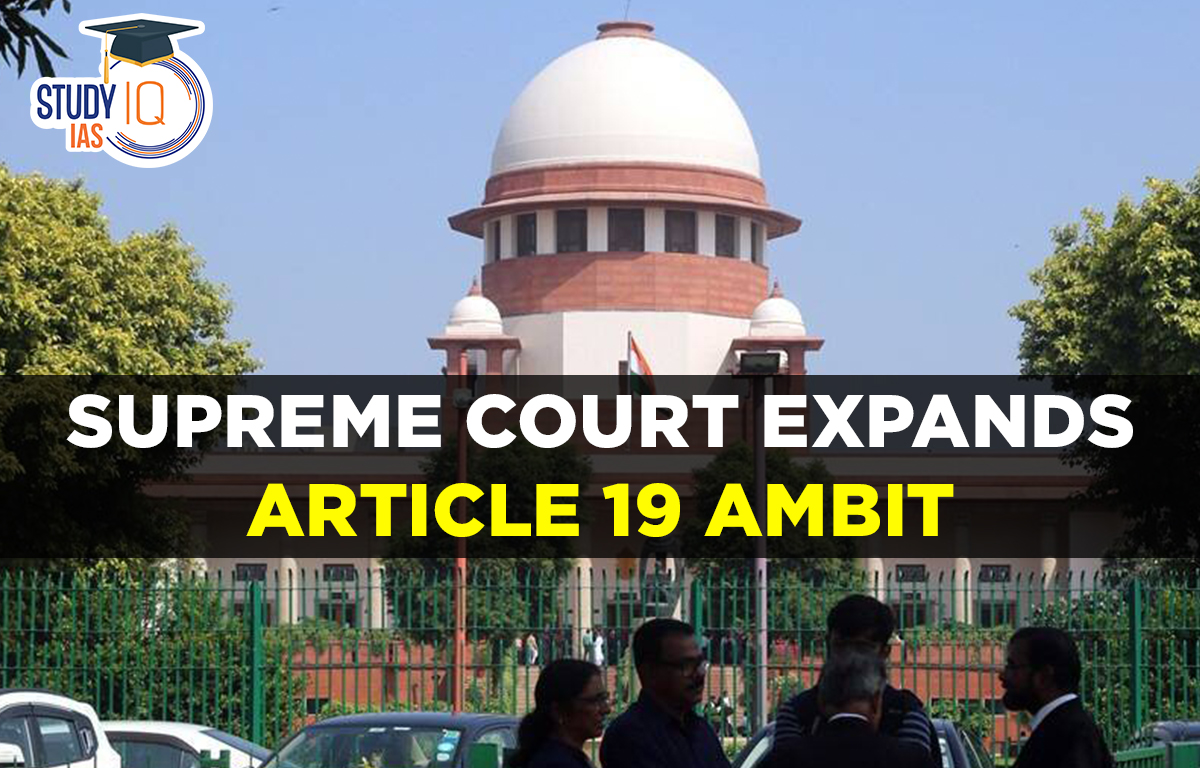
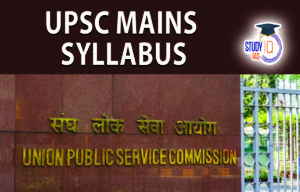 UPSC Mains Syllabus 2026, Optional Sylla...
UPSC Mains Syllabus 2026, Optional Sylla...
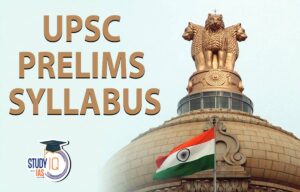 UPSC Prelims Syllabus 2026 PDF, Check Su...
UPSC Prelims Syllabus 2026 PDF, Check Su...
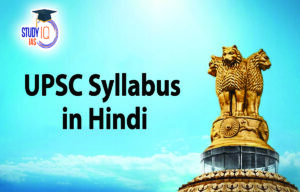 UPSC Syllabus in Hindi 2026: डाउ�...
UPSC Syllabus in Hindi 2026: डाउ�...


